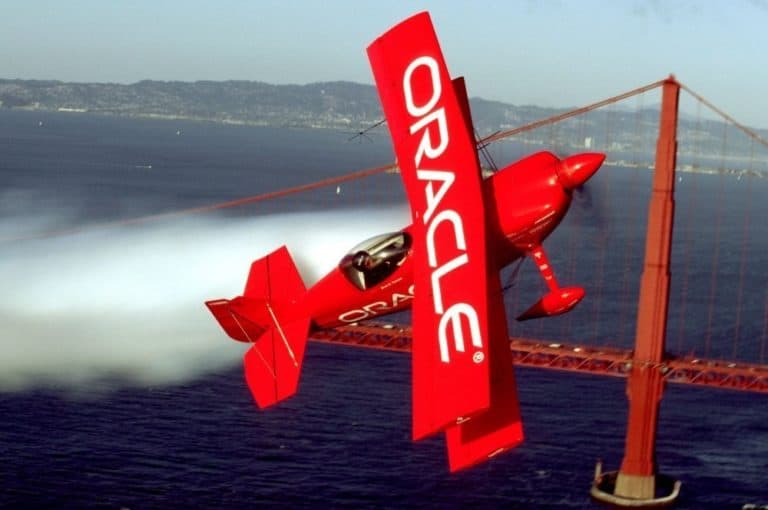The recent Oracle Openworld conference in London demonstrated that the company has come to what is, for the users of a the company’s products and services, quite a significant realisation. Looking at the way the cloud has moulded most of the major business services players, such as Salesforce and Oracle’s own Netsuite operation, being customer centric is now just about the only mantra, and it has pushed Oracle into adopting a similar stance.
It seems that the old Oracle position which has often, no doubt unfairly, been characterised as the customers’ necessity to be Oracle-centric, is now a thing of the past. This is certainly what could be read between the lines of CEO Safra Catz’s presentation at the conference. It certainly lies behind the company’s push to expand its Generation 2 Cloud capabilities, details of which were announced at the event.
Catz made a point of running through how understanding the need to change had moved the company to rework its entire product line over the last 10 years or so, specifically to meet the needs of the internet era, a move undertaken despite significant pressure from various quarters not to change things because `nothing was broken’. She intimated that some of the objection to change came from existing customers, many of whom are even now facing up to changes in their own thinking and patterns of operation as globalised cloud services become the only direction they can take to safeguard their futures.
Serving customers instead of pushing ‘the best technology’
The changes for both the company and its customers have been significant, with Catz acknowledging that it had required a complete change to both its entire technology stack and the way it operates as a business – a change where ‘serving’ its customers in the cloud is now its primary purpose, rather than pressing home the mantra of having the best technology.
A little of that still remains, of course, in the suggestion that its Generation 2 Cloud is `unique’ in a marketplace where the cloud is growing into one of the world’s most widespread commodities available. This small bit of marketing `hype’ was also squeezed a bit by Oracle’s own announcement at the conference that another interconnect region with Microsoft Azure would be rolled out in Amsterdam, joining the interconnect regions in the Eastern United States, London, and Toronto.
Generation 2 Cloud is growing fast across the globe, however. The company announced that five new regions have been switched on this February – Australia, Canada, Japan, The Netherlands and Saudi Arabia. This brings the operational total to 21 out of a planned total of 36 regions. It claims it is well on track to meet this goal by the end of the year. Generation 2 technology allows enterprises to deploy on-premise data centers to the cloud using a wide range of compute, storage, data management and cloud-native services, including bare metal instances, Kubernetes, containers, the Exadata data center optimisation product, and the Autonomous Database.
During her keynote, Catz also announced the availability of the Oracle Cloud Data Science Platform. This is pitched at enterprises looking to collaborate in the building, training, management and deployment of machine learning models, with the aim of increasing the success of data science projects. The company claims it can improve the effectiveness of data science teams, using capabilities such as shared projects, model catalogues, team security policies, reproducibility and audit ability. Through its use of AutoML algorithm selection and tuning, plus model evaluation and model expansion the platform can automatically select the most optimal training datasets. This helps enterprise users to differentiate their own AI models beyond what is possible with the standard AI models.
Other announcements made at the conference include the expansion of the AI-sourced and managed data pool of Oracle DataFox. Oracle has extended the global coverage of DataFox by more than 70% since being acquired in 2018. There has been particularly rapid growth in Europe, where coverage has increased by 135% to cover more than one million businesses in the region.
DataFox is an AI-powered data engine providing users with data on millions of organizations worldwide, including most public companies. This includes data on company headcount, funding, revenue, growth signals and awards. The data is constantly cleaned and enriched so that customers can benefit from accurate “smart” data to improve the effectiveness of AI and machine learning algorithms.
